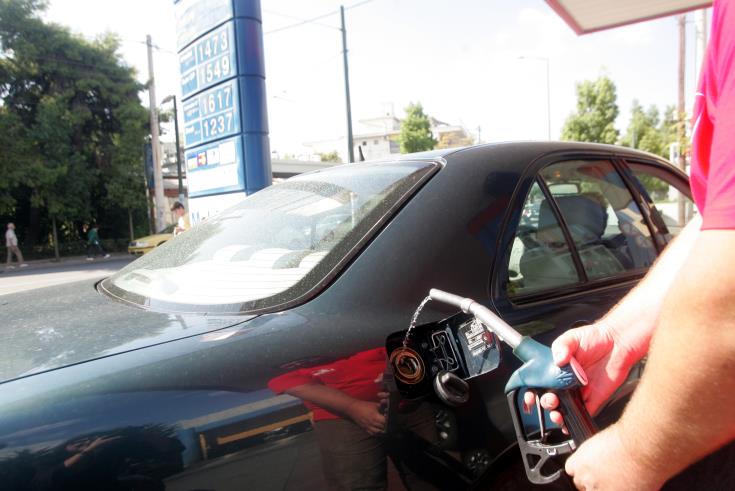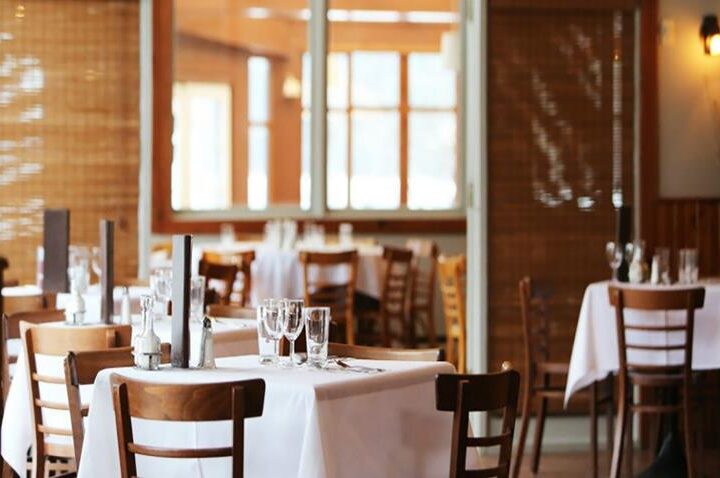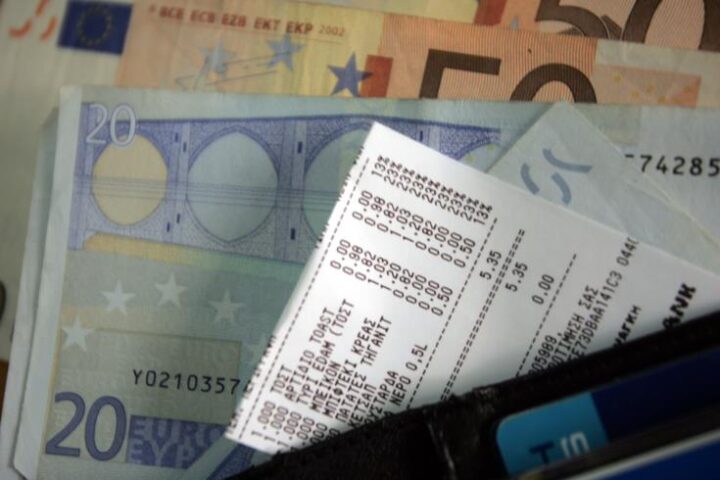Motorists are warned to expect hefty spikes in petrol prices, as pump rates will go up another 10 to 15 cents per litre.
With prices soaring, petrol stations owners warned on Wednesday that fuel prices would be further inflated in the next few weeks as the war in Ukraine feeds an energy crisis.
In comments to CyBC radio on Wednesday, the spokesperson of the petrol station owners’ association, Christodoulos Christodoulou, said the pump price would be going up by another 15 cents this month.
“About a month and a half ago, it went down to about $70 per barrel, but once the reports of a potential Russian invasion began circulating, it rose to $90 and then $100, and it’s still on the rise, with no indication of where the limit may be or how long it could last,” said Christodoulou.
He said that prices at the pumps would gradually increase depending on the cost of fuel delivered every three to six days.
“Already from today, some stations have raised their prices.”
On Monday, petrol stations were selling 95 octane at €1.486 per litre while diesel prices exceeded the “grim milestone” of €1.50, with the most expensive station selling at €1.54.
As Christodoulou confirmed, fuel prices have gone up by 40 cents since last March and 14 cents since the beginning of the year.
He said that current prices are estimated with a price tag of $94 to the barrel (Brent), with prices now hitting well over $100.
On Tuesday, Brent futures rose $7.00, or 7.1%, to settle at $104.97 a barrel, their highest close since August 2014.
Christodoulou said the growing international isolation of Russia, the world’s second-largest exporter of crude oil and refined petrol, and the largest exporter of natural gas, is behind the hikes.
“Unfortunately, as a state, we are not doing much to deal with these increases, and it impacts everyone across the sectors, from households to most workers commuting to their offices.”
He argued the government could reduce taxes imposed on fuel but does not have such plans on the agenda.
Christodoulou said the consumption tax is 48 cents of the current price.
For every litre of fuel, consumers pay a 38% consumer tax and an additional 19% VAT.
He expressed the association’s “dismay” at the queues of cars forming at crossings to the Turkish occupied north searching for cheaper fuel.
“There are three-to-four-kilometre queues daily of people lining up to fill up their vehicles in the north.”
The price of 95 octane petrol in the north is 13.70 TL (€0.88), and Diesel is 13.94 TL (0.87).
Christodoulou urged the authorities to install checks on vehicles at crossing points.
Soaring fuel prices comes as inflation reached its highest in 13 years in January when it recorded a 5% increase (seasonally adjusted).
In comments to the Financial Mirror, the chairman of the Cyprus Consumers Association, Marios Drousiotis, said the average employee has lost up to €100 in purchasing power due to fuel prices.
Fuel prices are seen as the main culprit behind rising inflation; the war in Ukraine and sanctions on Russia will compound the situation.










